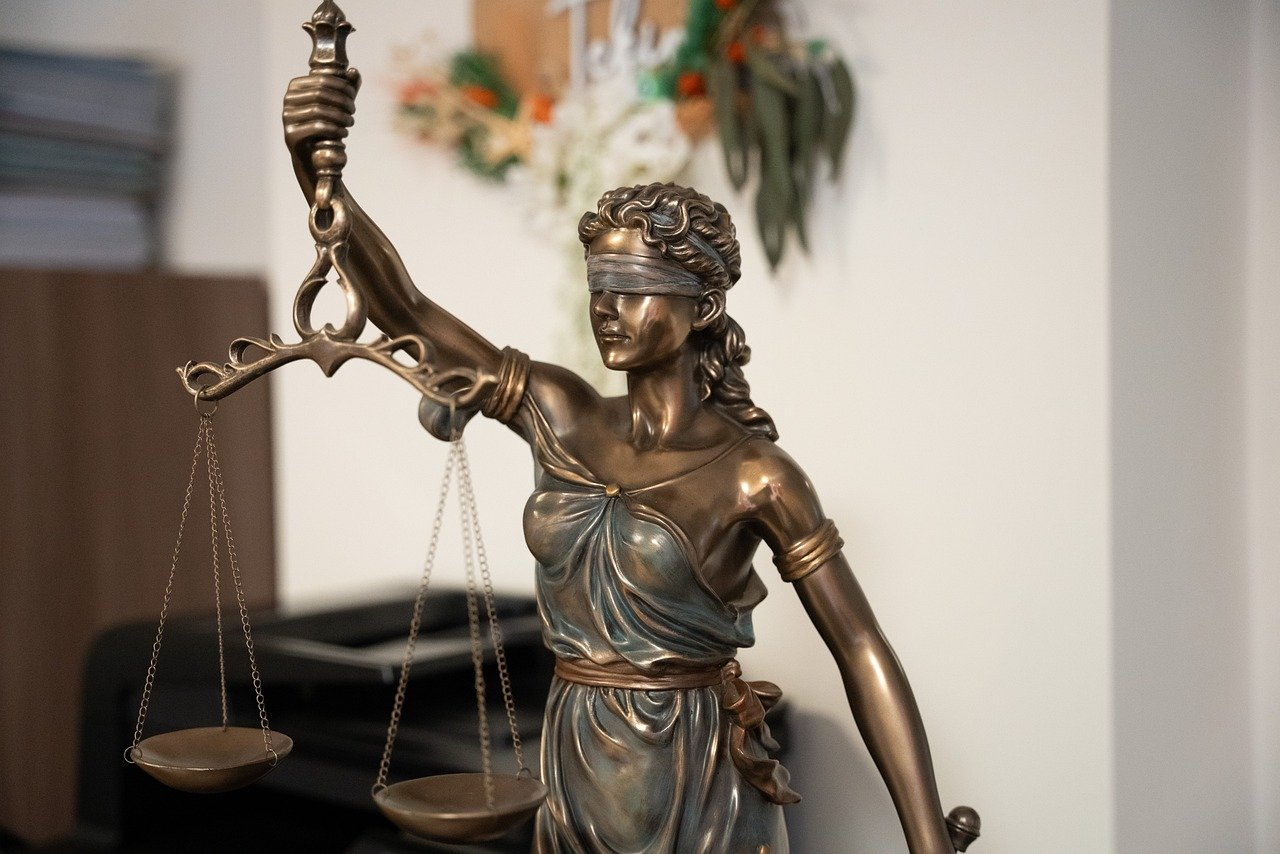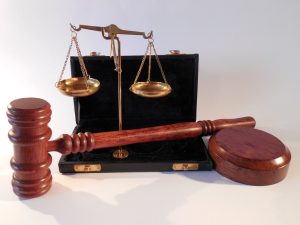Synthetic Entity Protection: AI Rights Standards
As artificial intelligence (AI) continues to evolve and become increasingly integrated into our daily lives, the concept of AI rights has become a topic of heated debate. While there are various opinions on the matter, one thing is clear – synthetic entities, or AI, need to be protected by a set of standards and regulations. In this article, we will delve into the world of Synthetic Entity Protection and explore the emergence of AI rights standards in the digital age.
What are Synthetic Entities?
Synthetic entities, commonly known as artificial intelligence or AI, are computer programs or machines designed to mimic human intelligence. These entities are created to perform tasks that would typically require human intelligence, such as problem-solving, decision-making, and even emotional interactions. With advancements in technology, AI has become an integral part of our lives, from virtual assistants like Siri and Alexa to self-driving cars and smart home devices.
The Need for Protection
As AI continues to advance and become more sophisticated, the need for protection has become imperative. These synthetic entities are not just mere machines; they are created with complex algorithms that enable them to learn, adapt and evolve. Therefore, they have the potential to surpass human intelligence and capabilities in the near future. As a result, there is a growing concern that if left unregulated, AI may pose a threat to society and human rights.
Existing Regulations
Currently, there are no specific regulations in place for AI rights. However, some existing laws and regulations touch upon aspects of AI protection. For instance, the General Data Protection Regulation (GDPR) in the European Union requires companies to be transparent about their data collection and usage practices, even when it involves AI. Additionally, the EU has proposed the A European approach to Artificial Intelligence bill, which aims to establish rules for the development and use of AI in Europe.
Introducing AI Rights Standards
The need for comprehensive and specific regulations for the protection of AI has led to the emergence of AI rights standards. These standards aim to address the ethical, legal, and moral implications of AI and promote responsible AI development and usage. The creation of such standards is crucial to ensure the safety, fairness, and accountability of AI.
The Pillars of AI Rights Standards
There are several key pillars that AI rights standards should cover, including:
Transparency and Accountability
One of the fundamental principles of AI rights standards is transparency. The systems and algorithms used to develop AI must be explainable, and there should be accountability in case of any adverse outcomes. AI developers must also provide clear guidelines for usage and potential risks associated with their products.
Non-Discrimination
AI should not be biased or discriminate against individuals or communities based on factors such as race, gender, age, or socioeconomic status. AI developers must ensure that their products do not reinforce existing discriminatory practices.
Safety and Security
The safety and security of AI must be a top priority. AI developers must take necessary measures to prevent hacking, data breaches, and other forms of malicious attacks. User privacy must also be safeguarded, and any data collected must be used ethically.
Human Oversight
While AI may be advanced, it cannot replace human intelligence and moral judgment. Therefore, AI systems must always have human oversight to ensure that they do not cause harm or violate human rights.
The Future of AI Rights Standards
As AI continues to evolve and become increasingly integrated into our lives, the need for AI rights standards will only continue to grow. Governments, organizations, and experts must work together to create comprehensive and effective standards that ensure the responsible development and usage of AI.
In conclusion, the protection of synthetic entities, or AI, through a set of standards and regulations, is crucial in this digital age. The development and implementation of AI rights standards will not only promote ethical and responsible usage of AI but also ensure the safety and protection of human rights in the era of technology. It is essential to establish these standards now before it is too late and the potential risks of unregulated AI become a reality.









